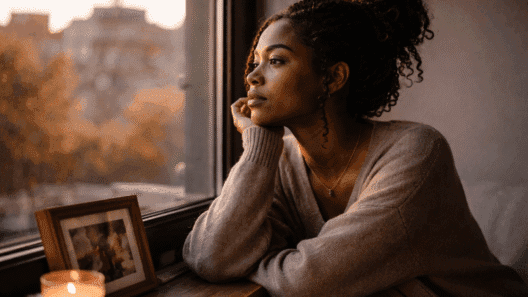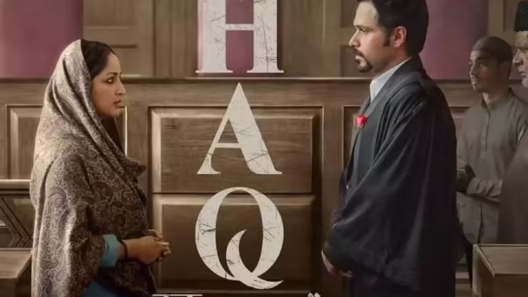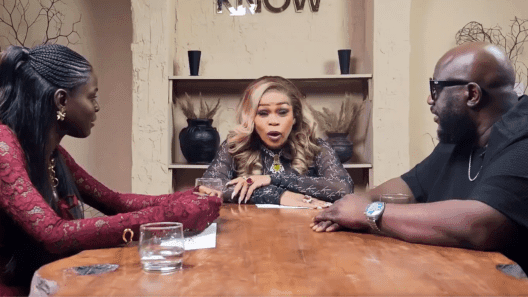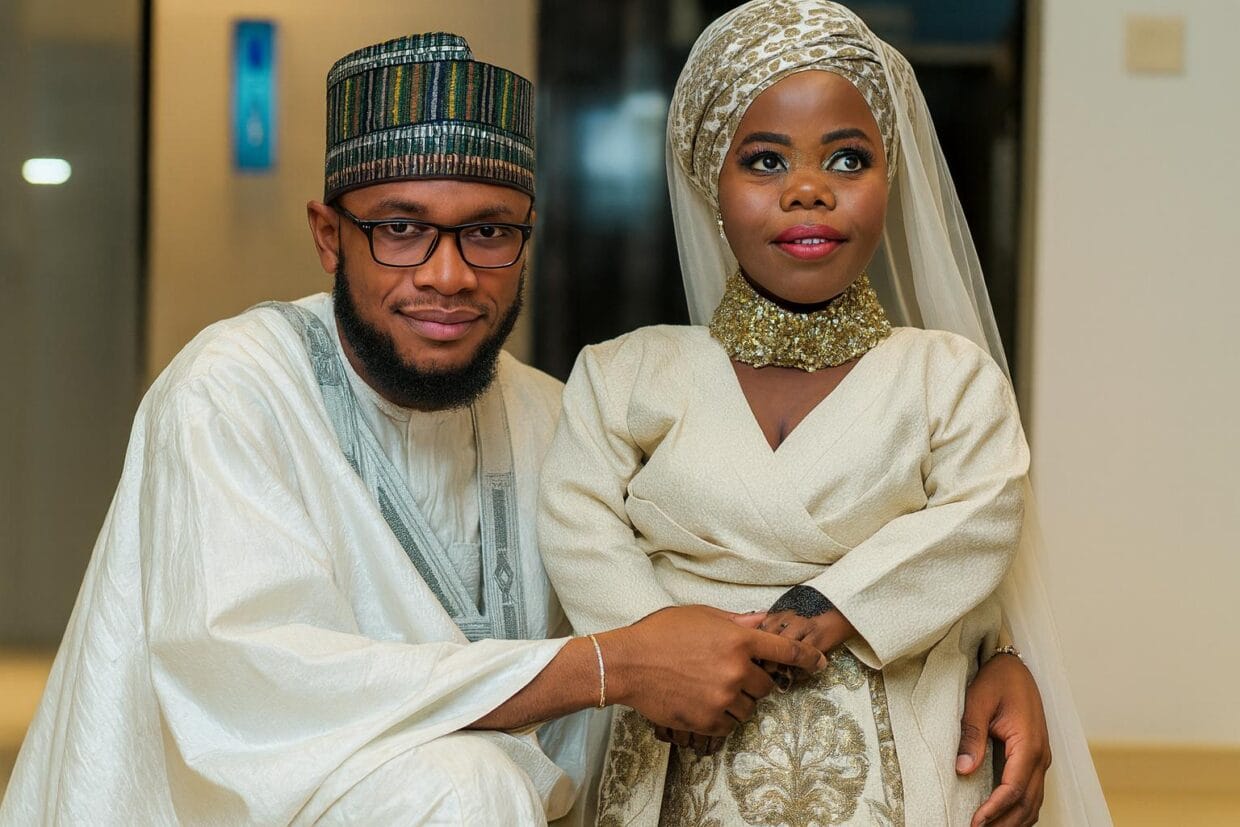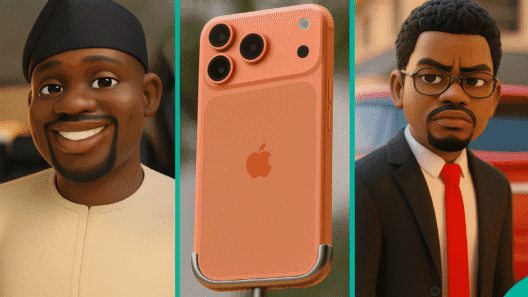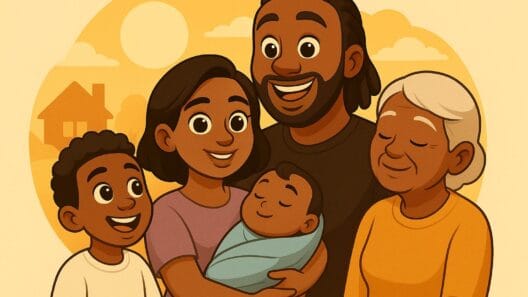In a move that left many Nigerians stunned, a Kano State Magistrate Court recently ordered two TikTok creators — Ashiru “Mai Wushirya” Idris and Basira Yar-guda — to marry each other. The court, presided over by Magistrate Halima Wali, directed that the wedding be conducted under the supervision of the Kano State Films and Video Censorship Board and must take place within sixty days.
The reason? A viral TikTok video showed the duo in what was described as “affectionate behavior.”
When the news broke, reactions spread quickly across social media. Many found the court’s ruling outrageous and deeply concerning, not only because it seemed absurd, but also because it symbolized something much larger: how power and moral authority are sometimes used to control people’s personal lives in Nigeria.
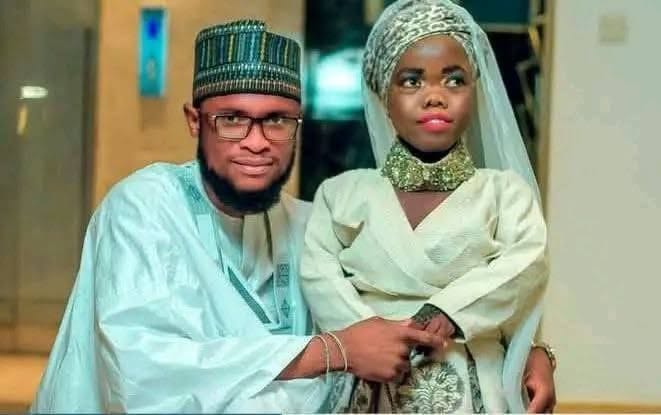
Table of Contents
The Nigerian Bar Association’s Response
The Nigerian Bar Association (NBA) swiftly condemned the ruling, calling it unconstitutional and beyond the powers of any court. In a statement signed by its President, Mazi Osigwe, the NBA reminded everyone of something we shouldn’t need to be reminded of: that no court, no institution, and no authority can compel two adults to marry.
“This development reflects a grave misunderstanding of the limits of judicial authority under the Nigerian Constitution,” the statement read. “Marriage is a voluntary union between consenting adults and cannot be imposed as punishment, moral correction, or judicial remedy.”
The NBA further emphasized that any attempt to do so violates the rights to personal liberty, dignity, and privacy as guaranteed under the 1999 Constitution. Beyond the legal aspect, their response echoed a deeper moral truth: that consent is not negotiable, and love cannot be commanded by law.
The Fine Line Between Morality and Freedom
Nigeria is a society rich in culture and values, but it’s also one that sometimes confuses morality with control. We talk about protecting culture and preserving decency, yet too often, those phrases are used to justify the violation of personal rights.
When a court orders two people to marry, it’s not about love. It’s about control. It’s about the idea that people can be “corrected” into moral behavior, as though affection, relationships, or attraction are crimes that must be punished with forced unions.
The danger in this mindset is subtle but severe; it sends a message that personal freedom can be overridden by public opinion. That people’s choices about who to love or not love can be dictated by authority. And that’s not morality; that’s oppression disguised as decency.
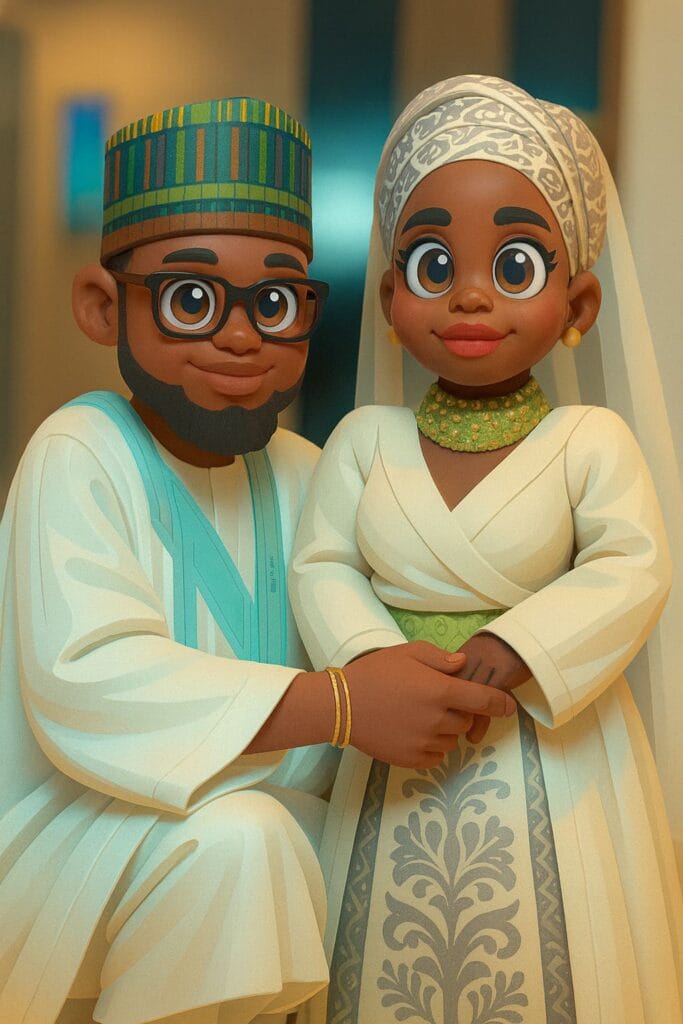
Consent Isn’t Just Romantic — It’s the Foundation of Freedom
Love without consent isn’t love. It’s a submission.
And a society that doesn’t protect consent loses something much greater than its sense of order; it loses its humanity.
This case might sound like a one-off incident from a northern court, but it reflects a broader reality across Nigeria: the struggle between individual rights and collective morality. From how women are told to dress, to how couples are judged for public affection, to how young people are policed for self-expression — freedom in Nigeria often comes with invisible conditions.
But consent is non-negotiable. Whether in marriage, religion, or lifestyle, every individual has the right to choose, and that right doesn’t need approval from anyone.
What This Teaches Us About Power
Power is not just about politics or titles; it’s also about who gets to decide what’s “acceptable.” When institutions begin to impose morality rather than justice, it becomes a threat to the very values they claim to protect.
The NBA’s stand on this issue isn’t only a defense of two TikTok creators — it’s a defense of everyone’s right to live freely. It’s a reminder that authority must protect, not dominate. That courts exist to uphold rights, not rewrite them.
The Generation That Questions Everything
One of the most inspiring things about today’s generation, aka the GEN Z, is how quickly people called out this injustice. Within hours of the news breaking, young Nigerians took to social media to express outrage, disbelief, and criticism.
It shows that people are paying attention. It shows that this generation won’t stay silent when systems try to blur the lines between culture and control. And that’s powerful — because progress begins the moment people start questioning what’s “normal.”
Final Reflection
At the heart of this story isn’t just a strange court order, it’s a mirror showing how fragile our understanding of freedom can be. It’s proof that even in a democratic nation, rights can still be misinterpreted or abused under the weight of tradition and authority.
Love, by its nature, can never be commanded. It must be chosen. And choice is the truest expression of freedom.
So when we talk about justice, morality, or culture, we must remember: no system has the right to decide who belongs to whom.
Because in the end, the law should protect love, not define it.
It gets better, right?
Wishing you well.
🟠 For transparency: The featured image in this post was enhanced with the help of AI to improve clarity and presentation.




